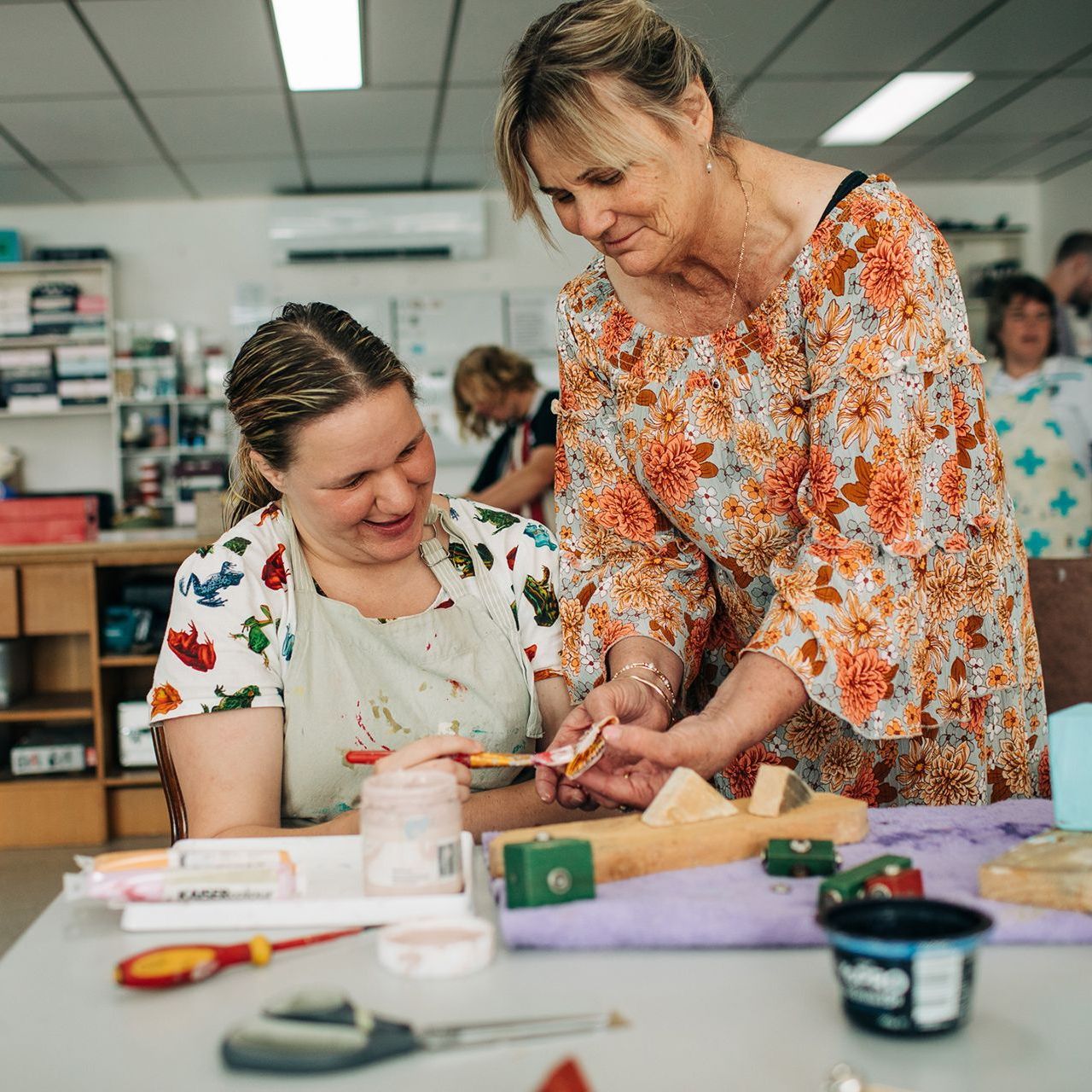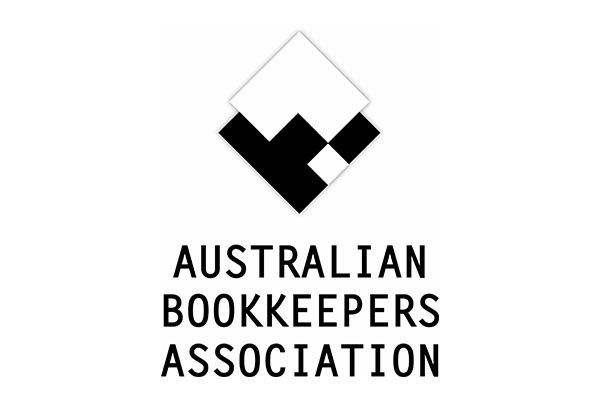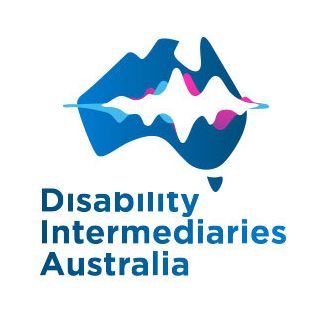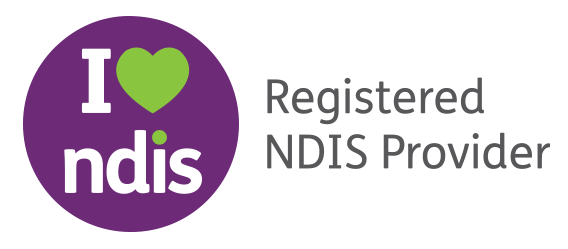Participant Enquiries
Understanding Visual Impairment and How the NDIS Can Help

A visual impairment can impact many areas of life, from education and work to independence and community participation. Fortunately, the National Disability Insurance Scheme (NDIS) is designed to provide tailored support for people with permanent vision loss.
Here’s what you need to know about visual impairment and accessing support through the NDIS.
What Is Visual Impairment?
Visual impairment refers to any condition that limits a person’s ability to see clearly, ranging from mild vision loss that affects daily activities to complete blindness.
It can be:
- Partial: Where vision is reduced but some sight remains
- Complete: Where no functional vision is available
Common causes of visual impairment include:
- Congenital conditions (present from birth), such as congenital cataracts or retinopathy of prematurity
- Diseases such as glaucoma, macular degeneration, or diabetic retinopathy
- Injuries to the eye
- Neurological conditions affecting visual processing
Visual impairment can affect a person’s ability to:
- Move safely around their environment
- Access information (such as reading, technology use)
- Communicate effectively
- Participate independently in education, employment, and community activities
Types of Visual Impairment
Each individual’s experience of vision loss is different. Some common types of visual impairment include:
- Low vision: Permanent vision loss that cannot be corrected with glasses, surgery, or medication
- Legal blindness: Severely reduced vision based on specific legal definitions
- Tunnel vision: Loss of peripheral (side) vision
- Central vision loss: Loss of sharp, straight-ahead vision
- Night blindness: Difficulty seeing in low-light or night conditions
Common Eye Conditions That Can Cause Blindness or Low Vision
Many different medical conditions can lead to permanent vision loss. Here are some of the most common causes of blindness and low vision that may be relevant when applying for NDIS support.
Age-Related Macular Degeneration (AMD)
AMD is the leading cause of vision loss in Australians over 40.
It affects the macula — the part of the retina responsible for sharp, central vision — making everyday activities like reading, driving, or recognising faces difficult.
The disease can progress slowly or rapidly, and while treatment may slow it down, vision loss is usually permanent.
Albinism
Albinism is a genetic condition where the body produces little or no melanin, affecting the development of the eyes.
People with albinism often have reduced visual sharpness, light sensitivity, and sometimes nystagmus (uncontrolled eye movements).
Vision loss is permanent but can be managed with supports like magnification devices or tinted lenses.
Cataracts
Cataracts occur when the normally clear lens of the eye becomes cloudy, leading to blurry vision, glare sensitivity, and difficulty seeing at night.
Cataracts are common with ageing but can also result from other medical conditions.
While cataracts can often be corrected with surgery, untreated cataracts can cause significant vision impairment over time.
Diabetic Retinopathy
This condition results from damage to the small blood vessels at the back of the eye due to high blood sugar levels.
It can cause blurred vision, floaters, dark areas of vision, and eventually blindness if left untreated.
Regular eye checks and blood sugar management are critical, but in advanced cases, vision loss can be permanent.
Glaucoma
Glaucoma is a group of eye conditions that damage the optic nerve, often linked to increased pressure inside the eye.
It usually progresses slowly and painlessly, meaning many people don’t notice symptoms until significant vision loss occurs.
Early detection is important, but advanced glaucoma can lead to irreversible blindness.
Nystagmus
Nystagmus is a condition where the eyes move rapidly and uncontrollably, either from side to side, up and down, or in a circular motion.
It can cause difficulties with focusing, depth perception, and stability of vision.
While there is no cure, visual aids and therapies can help maximise functional vision.
Retinitis Pigmentosa
This is a group of rare genetic disorders where the cells in the retina break down over time, leading to gradual vision loss.
It often begins with night blindness, followed by loss of peripheral (side) vision, and eventually central vision.
Retinitis pigmentosa is progressive and currently has no cure, although supports and technology can help maintain independence.
Stroke
A stroke can damage the areas of the brain responsible for vision, leading to partial or total loss of sight in one or both eyes.
Depending on the part of the brain affected, a stroke survivor may experience blurred vision, loss of visual fields, or difficulty processing visual information.
Rehabilitation and vision therapy can help maximise remaining vision, but some impairments may be permanent.
How Is Permanent Blindness Defined for the NDIS?
The NDIS has specific criteria to determine eligibility for supports related to visual impairment.
For
permanent blindness, the condition must be diagnosed and assessed by an
ophthalmologist (an optometrist report alone is not sufficient).
To meet the NDIS’s definition of permanent blindness, one of the following must apply:
- Corrected visual acuity on the Snellen Scale must be
less than or equal to 6/60 in both eyes; or
- Constriction of visual fields to within
10 degrees or less of central fixation in the better eye, regardless of visual acuity; or
- A
combination of visual defects resulting in a similar level of functional visual impairment.
These strict criteria ensure that NDIS funding is targeted to individuals whose vision loss substantially impacts their ability to complete daily tasks without support.
What’s the Difference Between an Optometrist and an Ophthalmologist?
When applying for NDIS funding related to visual impairment, it’s important to understand the difference between an optometrist and an ophthalmologist:
- Optometrist:
An optometrist is a trained eye care professional who can assess vision, prescribe glasses and contact lenses, and detect common eye problems.
However, they are not medical doctors and cannot diagnose or treat serious eye diseases or perform surgery. - Ophthalmologist:
An ophthalmologist is a medical doctor who specialises in diagnosing, treating, and managing diseases or injuries of the eye.
They can perform eye surgery, prescribe medications for eye conditions, and provide formal medical diagnoses required for disability assessments.
Important:
For NDIS purposes, reports or assessments must come from an
ophthalmologist, not just an optometrist. An ophthalmologist’s report provides the necessary medical evidence to confirm the severity and permanence of the vision impairment under NDIS eligibility guidelines.
Does the NDIS Support People with Visual Impairments?
Yes — the NDIS provides funding and tailored supports for people living with permanent and significant visual impairments that affect daily life.
Eligibility is based on:
- A permanent diagnosis confirmed by an ophthalmologist
- Evidence that the vision loss substantially limits functional capacity in areas such as mobility, communication, self-care, or social and community participation
- The need for ongoing reasonable and necessary supports
What Types of Supports Might Be Funded?
The NDIS funds a wide range of supports, depending on the participant’s individual needs and goals, including:
- Screen readers, braille displays, magnification devices, accessible software
- Smart home technology adapted for accessibility
- Mobility aids, including support related to guide dog services (often coordinated alongside other systems)
Daily Living Supports
- Training in orientation and mobility skills
- Support for developing independent living skills such as cooking, cleaning, and using technology
- Help organising the home environment for better safety and accessibility
Community Participation
- Support workers to assist with accessing education, work, or social and recreational activities
Therapy and Training
- Occupational therapy for independent living skills
- Vision rehabilitation services
- Assistive technology training to build confidence in using adaptive tools
Capacity Building Supports
- Assistance with setting and achieving personal goals
- Support for learning to navigate new environments safely
- Public transport training to build greater community access
Home and Vehicle Modifications
- Funding for home adjustments (such as tactile markers, better lighting, or accessible layouts)
- Vehicle modifications if required for independent transport
When Should You Apply for the NDIS?
You should consider applying if you:
- Have a
permanent visual impairment (as diagnosed by an ophthalmologist)
- Experience a
substantial impact on your ability to live independently, participate in education, work, or community life
- Require
ongoing support to achieve your goals and maintain independence
You can apply for the NDIS between
7 and 65 years of age.
Children under 9 may access early intervention support through the
Early Childhood Approach before formally transitioning into the Scheme.
Final Thoughts
Visual impairment affects each person differently, but with the right supports in place, individuals can achieve greater independence, build new skills, and fully participate in their communities.
The NDIS provides a pathway to funding reasonable and necessary supports that can help overcome barriers created by vision loss.
If you or someone you know is considering NDIS support for a visual impairment, preparation is key — clear goals, accurate medical evidence, and an understanding of available supports can make all the difference.
Need Help Navigating the NDIS?
At Empowrd, we support NDIS participants across the Eyre Peninsula with local Support Coordination, and provide expert Plan Management services Australia-wide.
From navigating your plan to handling your NDIS invoices, Your Plan Manager at Empowrd is here to make the process simpler, so you can focus on achieving your goals and living more independently.
Call (08) 8683 4401 or visit our website to learn more.

NDIS Plan Management and Support Coordination
At Empowrd, we are here to make your life easier. Based in Port Lincoln on the Eyre Peninsula, we offer a personal, accessible and holistic approach to NDIS Plan Management and Support Coordination.
We provide Plan Management services across Australia, assisting with financial administration, and offer Support Coordination to participants in Port Lincoln and Eyre Peninsula, connecting them with the right supports and providers. Our goal is to ensure your NDIS plan works for you, so you can focus on achieving your goals and doing what you love.

Want to Become a Support Worker?
Our Independent Support Workers Education Portal provides everything you need to navigate the NDIS, find work, and confidently offer services as an Independent Support Worker. For just $65, you will gain access to comprehensive guides, essential resources, and ready-to-use templates to streamline your work.
Inside, you will find:
- A clear breakdown of how the NDIS works
- Tips for finding jobs and delivering services
- Step-by-step guidance on invoicing and support planning
- Ready-to-edit templates for quotes, service agreements, invoices, and case notes
Need just the templates? You can also purchase them separately as standalone resources.
I hope you enjoy reading this blog post.
If you are ready to be Empowrd to live your life to the fullest, let us steer you on the right path.
Be EMPOWRD to Live Your Best Life
If you’re ready to be empowered to live life on your terms, we’re here to help guide the way. At Empowrd, we offer a personal, accessible, and holistic approach to NDIS Plan Management and Support Coordination. We’ll ensure your plan works for you, allowing you to focus on your goals and the things you love most.














